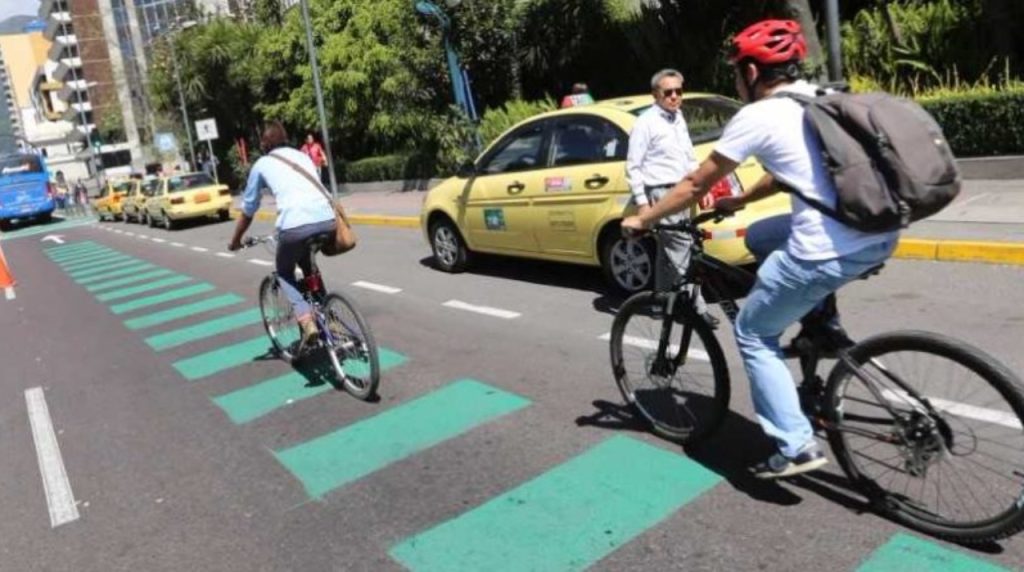
United Nations, Public and Private Sectors Join Forces to Promote Sustainable Mobility in Ecuador

The United Nations Development Programme (UNDP) and Toyota have signed a two-year memorandum of understanding to collaborate on advancing sustainable, low-emission land mobility in Ecuador.
According to EFE News Agency, this initiative aligns with Ecuador’s existing public policies aimed at mitigating and adapting to the effects of climate change, as stated in a joint press release on Sunday.
Key Goals and Actions
The collaboration will focus on generating data to analyze land mobility patterns. It will also support the development, strengthening, and promotion of public policies to foster sustainable mobility. This may include identifying more efficient and sustainable technologies and creating financial incentives to support the transition.
Related content: This is Ecuador’s National Sustainable Urban Mobility Policy

Synergy Between Public and Private Sectors
The memorandum was signed in the Galápagos Islands during the “Sustainable Mobility Commitment Ecuador 2024” event. This gathering brought together representatives from the government, local authorities, the diplomatic corps, the automotive sector, academia, and others, aiming to solidify commitments to sustainable mobility.
In this context, the UNDP, in partnership with the private sector, is promoting a climate action model that protects biodiversity and fosters a green economy.
This alliance is part of the global UNDP initiative, ‘Climate Promise’, which operates in 140 countries and territories, including Ecuador, to reduce greenhouse gas emissions and adapt to climate change challenges.
Supporting Global Climate Goals
The partnership contributes to achieving Ecuador’s Nationally Determined Contributions (NDCs) under the Paris Agreement, which aims to limit the global temperature rise to below 2 degrees Celsius and strive to keep it under 1.5 degrees Celsius.
The alliance between UNDP and Toyota Ecuador aims to explore sustainable mobility alternatives, presenting a unique opportunity to strengthen global leadership in this field, the statement concludes.





